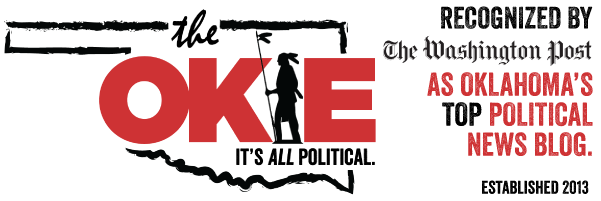Keating: US Can’t Default On Our Debt
We can’t afford to default on the debt
By Frank Keating
In this country, our word is our bond. The respect and admiration that the United States and its institutions inspire around the world are based on the certainty that when our nation makes a promise, we keep it.
Unfortunately, Congress seems poised to undermine U.S. credibility at home and abroad by taking the extraordinary step of reneging on bills that our nation has racked up. Ordinary Americans will bear the brunt of the damage if our leaders don’t prevent the United States from defaulting on its debt for the first time in history.
Sadly, we’ve been here before. The debt-ceiling standoff in 2011 is costing taxpayers nearly $20 billion as nervous investors demanded higher interest on U.S. Treasury bonds to defray the risk of government default. That manufactured political crisis caused economic uncertainty to spike, consumer confidence to plummet and stock prices to spiral downward — all because of the perceived risk of the United States defaulting on its domestic and international obligations.
If our nation defaults on its nearly $17 trillion in debt, the harm is likely to be measured in hundreds of billions of dollars.
Beyond the enormous cost to taxpayers, even the slightest uptick in Treasury interest rates would cascade through the economy. Default would be a blow to retirement funds, leaving fewer resources available for retirees. It would raise the borrowing costs for companies, meaning job losses and price increases. For banks, which hold $3 trillion in Treasury, agency and mortgage-backed securities, the sharp decline in value would translate into fewer resources available for mortgages or business, auto, credit card and student loans.

